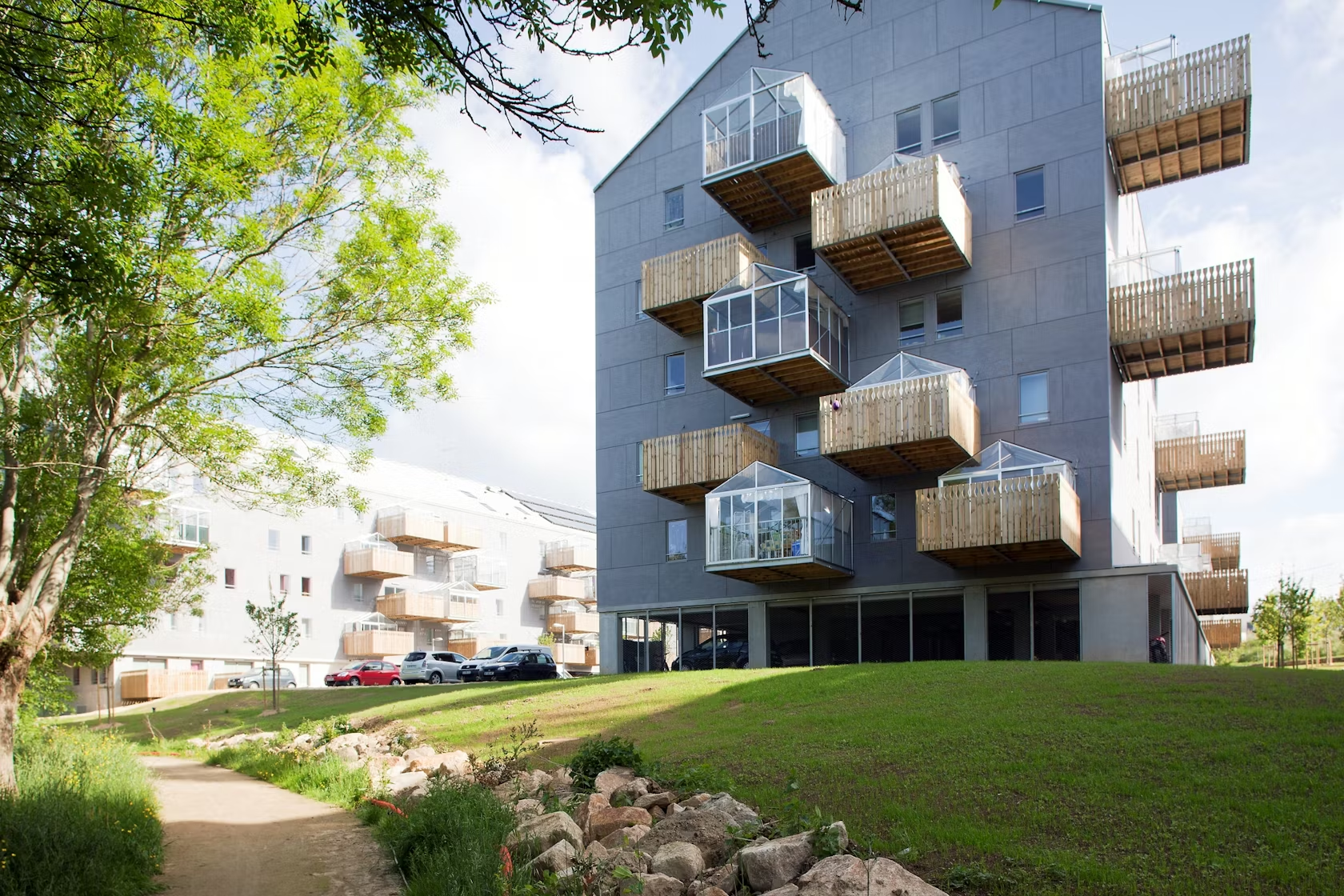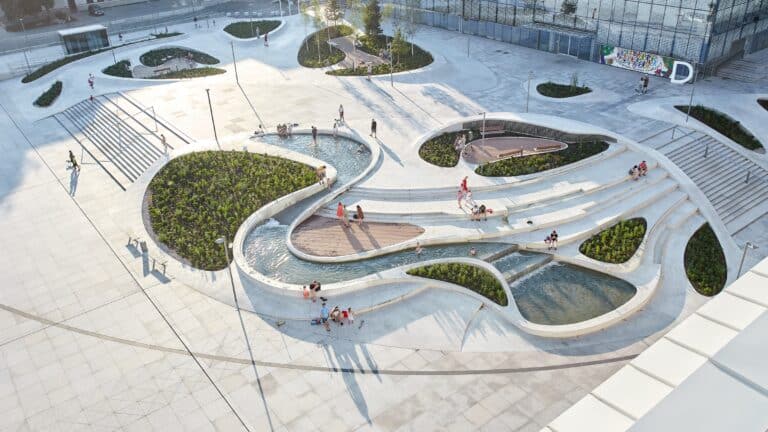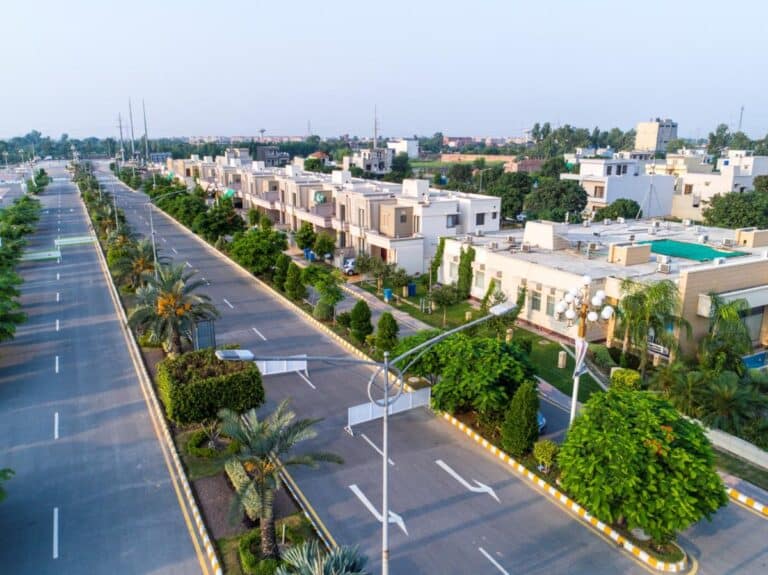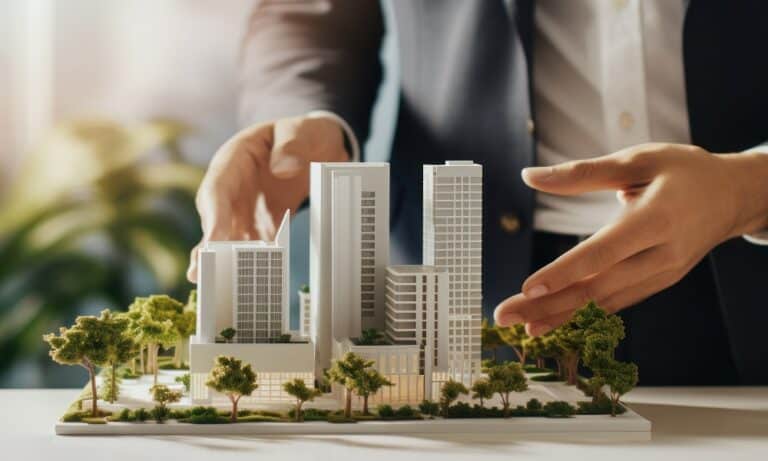Architecture isn’t just about structures — it’s about shaping human experiences and fostering a sense of belonging. Designing for community means creating spaces that promote inclusivity, accessibility, and social interaction.
Community-Centered Urban Design
Mixed-use developments combine residential, commercial, and recreational facilities, reducing the need for car travel and enhancing local economies. Public plazas, green spaces, and pedestrian pathways encourage outdoor activity and community gatherings.
Affordable and Inclusive Housing
Architects are tackling the housing crisis by designing affordable units without sacrificing quality. Modular construction and adaptive reuse of existing buildings are cost-effective and sustainable solutions. According to RIBA, inclusive housing design should support people of all ages, backgrounds, and abilities.
Education and Cultural Spaces
Libraries, museums, and community centers act as social anchors. The Helsinki Central Library Oodi is a prime example of how architecture can support learning, innovation, and community engagement.
Community Engagement in Design
Participatory design involves residents in the planning process to ensure spaces reflect their needs and values. This builds trust, ownership, and long-term sustainability.
Community-focused architecture improves quality of life, fosters equality, and strengthens civic pride.
